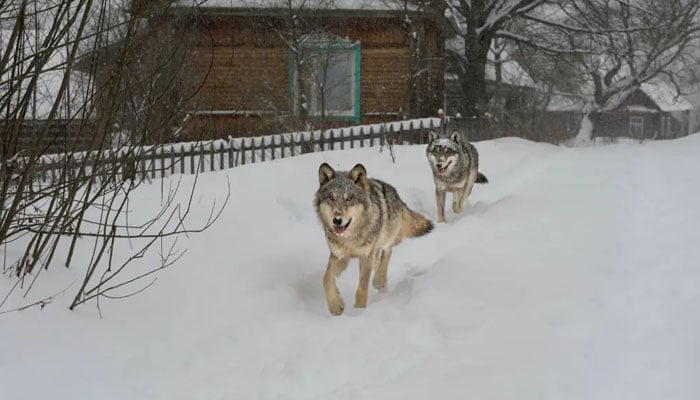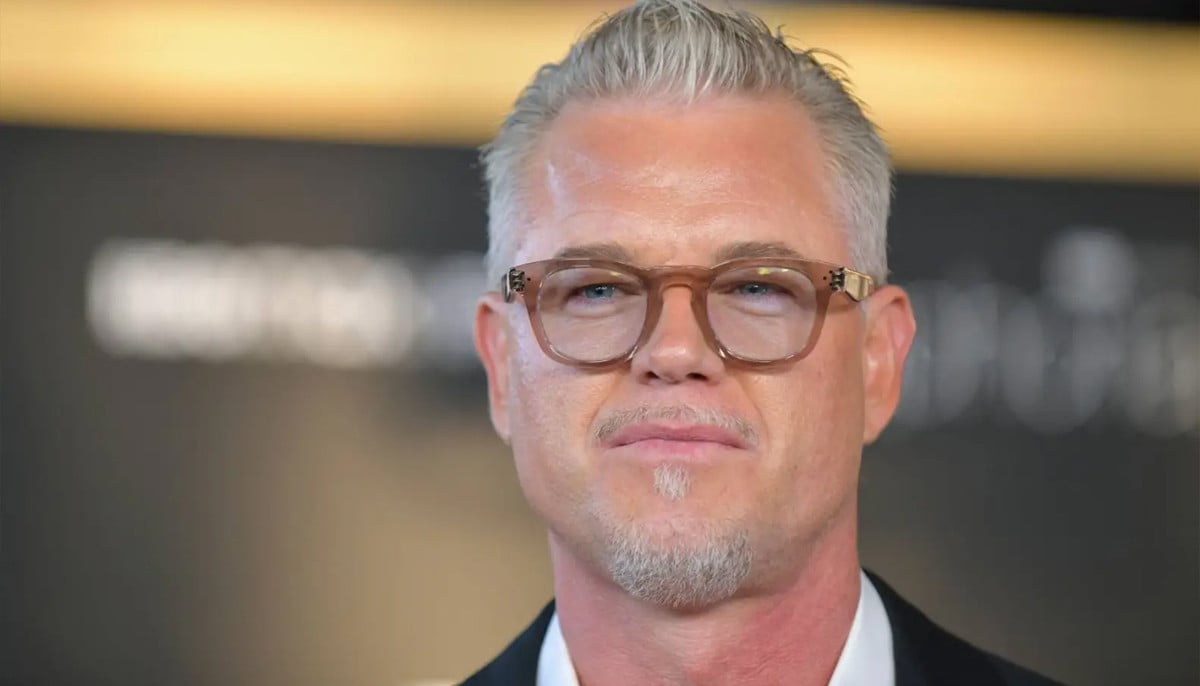How mutant wolves near Chernobyl Exclusion Zone can produce cancer cure?
Wolves at Chernobyl Exclusion Zone are said to have formed resistant genomes to fight cancer
Cancer-resistant genomes that mutant wolves, who wander the human-free Chernobyl Exclusion Zone, have created may hold the answer to assisting people in combating the deadly disease.
The highest radiation levels in the region have affected the wild animals, who have adapted to withstand the radiation after the world's worst nuclear accident occurred in 1986 when a nuclear reactor at the Chernobyl power station erupted, according to New York Post.
After the explosion sent radiation that caused cancer into the atmosphere, people left the region, and a 1,000-square-mile area was cordoned off to keep people from being exposed to the radiation any longer.
However, in the nearly 38 years following the nuclear accident, the region has been recovered by animals, including wolf packs that don't appear to be impacted by their long-term exposure to radiation.
Cara Love, an ecotoxicologist and evolutionary biologist working in Princeton University's lab under Shane Campbell-Staton, has been researching how mutant wolves have adapted to survive in their radioactive environment. She recently presented her research at the Society of Integrative and Comparative Biology's Annual Meeting in Seattle, Washington.
Love and her associates entered the Chernobyl Exclusion Zone in 2014 and fitted the wild wolves with GPS collars that contained radioactive dosimeters.
According to a press release issued by the Society of Integrative and Comparative Biology, they also extracted animal blood to study the animals' reactions to the radiation that causes cancer.
"With the specialised collars, the researchers can get real-time measurements of where the wolves are and how much radiation they are exposed to," Love said.
-
Jelly Roll explains living with 'severe depression'
-
Charli XCX reveals ‘confusing’ toll ‘Brat’ popularity took on her
-
Margot Robbie opens up about imposter syndrome ‘crisis’
-
Hailey Bieber reveals how having ovarian cysts is 'never fun'
-
Sir Elton John details struggle with loss of vision: 'I can't see'
-
What we know about Chris Cornell's final hours
-
5 famous celebrities who beat cancer
-
Oprah Winfrey talks about weight-loss 'tool to manage' health












